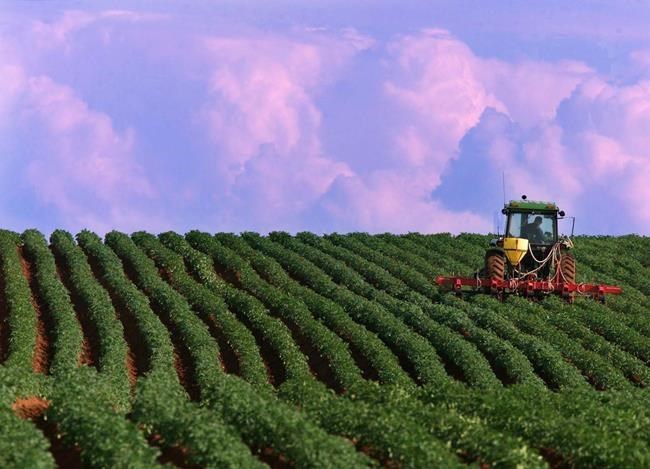WASHINGTON — Farmers in Prince Edward Island got the all-clear Friday from the U.S. Department of Agriculture to resume sending some of the world's most celebrated table potatoes back over the Canada-U.S. border.
The USDA Animal and Plant Health Inspection Service issued its final federal order on P.E.I. potato imports, clearing the way for exports to resume after a crippling four-month hiatus for Island producers.
"Pleased to see that our world-class P.E.I. potatoes can again be exported to the U.S., effective immediately," tweeted Liberal MP Lawrence MacAulay, a former federal agriculture minister.
Canada stopped sending potatoes to the U.S. in November, a decision designed to pre-empt an all-out ban after potato wart fungus, an otherwise harmless disease that disfigures potatoes and reduces crop yields, was detected in several fields on the Island last fall.
Seed potatoes, which comprise roughly 10 per cent of the Island's annual output, are still banned from the U.S. pending the outcome of a more thorough USDA review that could take years to complete.
To qualify for export, the federal order requires that table potatoes and the seed potatoes used to grow them be from fields not known to be infested with potato wart. They must also be washed clean of soil while still in P.E.I. and be treated with a sprout inhibitor, and graded to the U.S. No. 1 standard.
The order also requires that shipments be traceable "from production site to packing and export" so they can be tracked and recalled if necessary. They must also be "officially inspected for pest freedom" after washing.
Canada and the U.S. announced an "understanding" on potatoes last week some four months after concerns about the soil-borne fungus first blocked one of the province's most famous exports from its single most crucial market.
Growers say the hiatus forced them to destroy or otherwise dispose of valuable crops, and figure the industry is out more than $50 million in lost revenue.
In an interview last week after the initial Canada-U.S. agreement was announced, Agriculture Minister Marie-Claude Bibeau said she asked early on that table-stock potatoes and seed potatoes be assessed separately.
She also defended the decision to proactively halt exports, saying that if it hadn't been for those two moves, all P.E.I. potatoes could have faced a ban lasting months or years.
The D.C.-based National Potato Council has opposed letting exports resume, ostensibly because of the risk of the fungus spreading to U.S. fields — a risk Canadian growers have insisted for months is non-existent.
The council also accused the Canadian Food Inspection Agency of holding U.S. growers to a higher standard for soil testing in order to export their wares to Canada than the USDA does for Canadian producers looking to sell their potatoes stateside.
This report by The Canadian Press was first published April 1, 2022.
James McCarten, The Canadian Press




